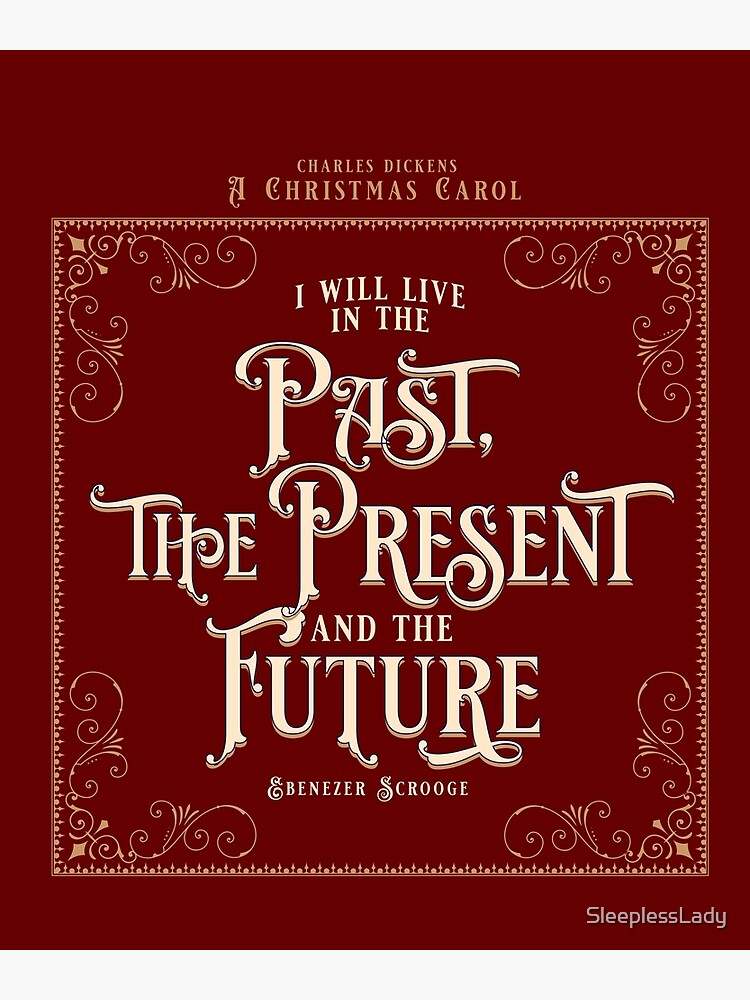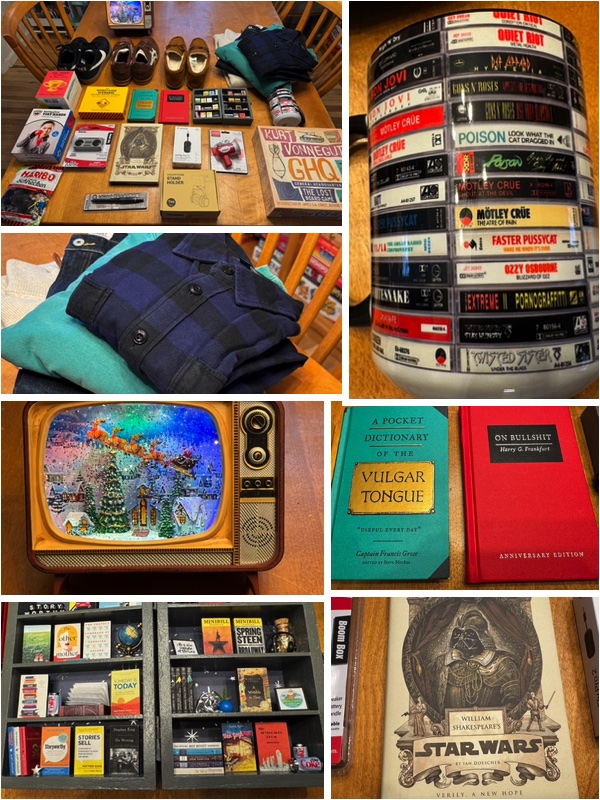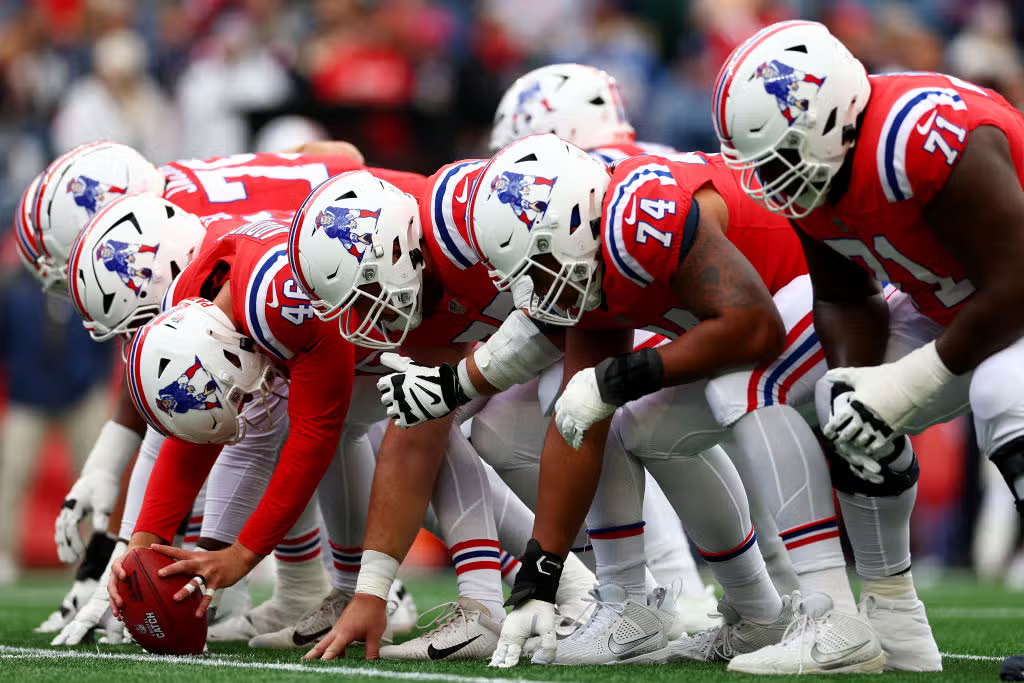A couple of years ago, Elysha bought me a book by Kurt Vonnegut’s widow, Jill Krementz, entitled The Writer’s Desk. The book contains a collection of photographs of the work spaces of well-known authors and a short description of the author’s writing process, written by the author. It’s essentially a glimpse into the offices, studios, and other locales where writers like Amy Tan, John Updike, and Joyce Carol Oats hone their craft.
On the front of the book, Elysha wrote a note expressing her assurance that the next edition of the book would include my own office, but I’m not so sure that she is correct. With the advent of the laptop, my office has become the last place that I write, despite its charm. The living room, the dining room table, the lunch room at school, the back seat of a car, and anywhere else that I can find fifteen minutes of quiet is where most of my writing is done. I’m writing this post inside Tiffany Nails, the nail salon where my wife gets her manicures. This is our first outing with the baby, and though Judge Judy is babbling away from the television in the corner, I’m managing to get a little work done nonetheless.
For writers like me, the world has become our office. And this shift in the way that writing is done has resulted in some interesting benefits.
Scientific American recently reported on the means by which the brain files information so that things that happen at the same time are forever linked in our minds. This is the reason why people remember where they were when news of 9/11, the Challenger disaster, or Kennedy’s assassination reached them.
I heard that the World Trade Center had been hit while teaching writing to third graders and watched the towers fall in my principal’s office while my students were in music class.
I was in Mr. Offen’s eighth-grade algebra class as I watched the Challenger disaster unfold.
I was not alive when Kennedy was shot, but those who are old enough to remember can surely tell you where they were on that day. But I do remember standing in Lisa Pinto’s living room when news of Operation Desert Storm was first announced on CNN, and I was in a Dunkin Donuts drive-thru when I heard about the loss of the Columbia over the radio.
Events linked forever in my mind.
The same holds true for writing. As I reread sections of Something Missing, I am instantly transported to the location and time that I wrote those parts.
The first three chapters were written at the counter in the kitchen of my wife’s grandmother’s home in Boca Raton.
Martin’s entrance and eventual escape from Laura Green’s home were written poolside in Bermuda during our honeymoon. In fact, the little girl who Martin meets in Laura’s backyard was modeled after a little girl who I met while swimming one day.
Martin’s encounter with the Claytons was written while alone in a Denver hotel.
Martin’s encounter with his father was written during a series of lunch breaks at school.
The last four chapters of the book were written at the dining room table in our old apartment during an unexpected three-day holiday from work.
Each of these scenes is indelibly linked to my locale, my mood, my personal circumstances, and my surroundings at the time of the writing. Each chapter carries a vast storehouse of memories and emotions that I adore. For me, writing is a joyous occasion, and to be able to reflect back on those moments and relive the excitement that writing can bring is a blessing that the best of offices could not afford.








